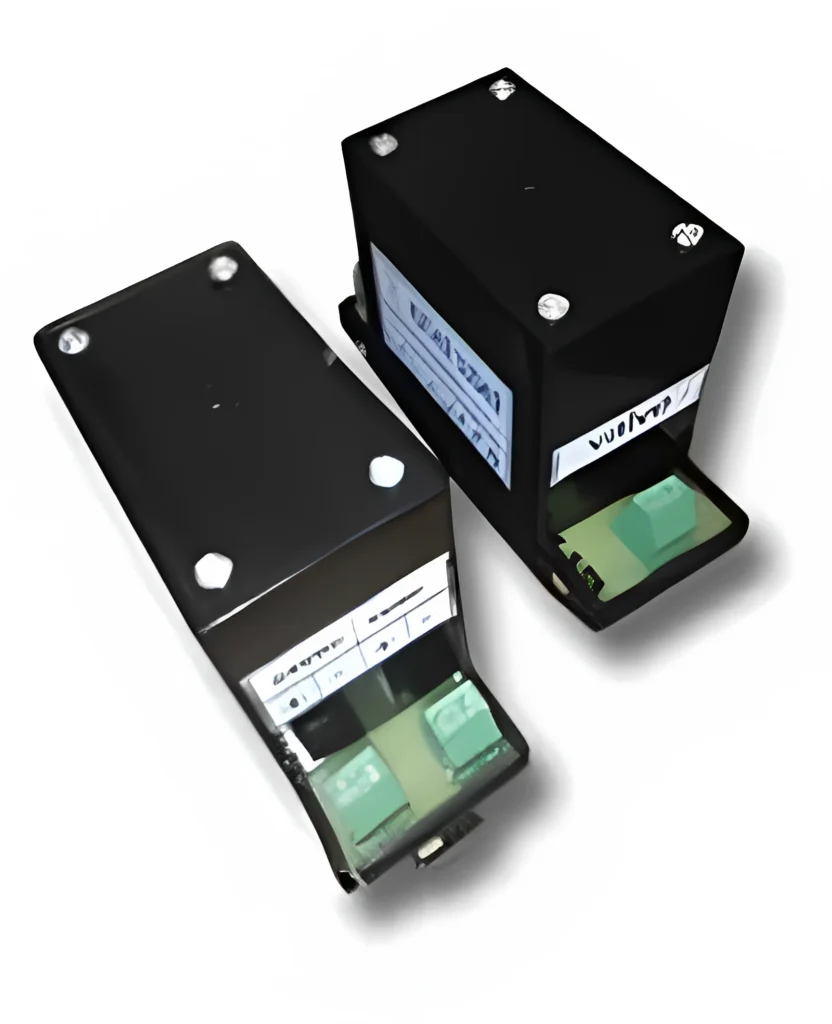In modern water treatment plants, valve controllers are indispensable components that significantly enhance the efficiency and productivity of operations. These sophisticated devices are pivotal in managing various processes, ensuring precise control, and optimizing performance across the board. This blog post delves into the multifaceted role of valve controllers in water treatment plants, highlighting their impact on manufacturing productivity and process optimization.
Key Roles of Valve Controllers
1. Pressure Control Valve Valve controllers are essential for regulating pressure within water treatment systems. The pressure control valve ensures that water flows at the correct pressure, preventing damage to infrastructure and maintaining consistent output. This is crucial for both upstream pressure control and downstream pressure monitoring, safeguarding the integrity of the entire system.
2. Process Control Valve Process control valves are utilized to fine-tune the treatment processes. With the integration of industrial valve controllers, these valves can be adjusted in real-time, allowing for precise management of flow rates and chemical dosages. This leads to enhanced process efficiency and quality control, vital for meeting stringent water treatment standards.
3. Valve Positioner and Actuator The valve positioner, often paired with a valve actuator, ensures that the valve operates at the desired position. This combination allows for exact control over the valve’s movement, leading to improved accuracy in process control. In water treatment plants, this precision is critical for maintaining optimal operating conditions and reducing waste.
4. Pilot Valve Monitoring Monitoring the pilot valve is another crucial function of valve controllers. By keeping a close watch on the pilot valve, the system can respond quickly to changes in pressure or flow conditions, ensuring that the water treatment process remains stable and efficient. This monitoring capability is a cornerstone of effective industrial automation solutions.
5. Valve Monitoring System A comprehensive valve monitoring system is essential for real-time valve monitoring. This system provides continuous feedback on the valve’s status, enabling operators to make informed decisions and promptly address any issues. Real-time monitoring enhances reliability and minimizes downtime, contributing to production time optimization.
Benefits for Manufacturing Productivity

Manufacturing Productivity Improvement By integrating valve controllers into water treatment plants, manufacturers can significantly boost productivity. These controllers streamline various processes, reduce manual intervention, and enhance operational efficiency. The result is a more productive manufacturing environment where resources are utilized effectively, and output is maximized.
Production Time Optimization Valve controllers play a vital role in optimizing production time. Through precise control and real-time adjustments, these devices ensure that processes run smoothly and efficiently. This reduces delays and increases the overall productivity of the water treatment plant.
Conclusion
Valve controllers are vital components in water treatment plants, contributing to improved manufacturing productivity and operational efficiency. From pressure control valves to comprehensive valve monitoring systems, these devices offer a range of benefits that streamline processes and enhance performance. By leveraging advanced valve control technology, water treatment facilities can achieve higher standards of efficiency and productivity, ensuring the consistent delivery of safe, clean water.
In summary, the integration of valve controllers in water treatment plants is a strategic move towards enhancing operational efficiency and productivity. With the ability to monitor upstream and downstream pressures and optimize production time, these controllers are indispensable tools for modern water treatment facilities.
